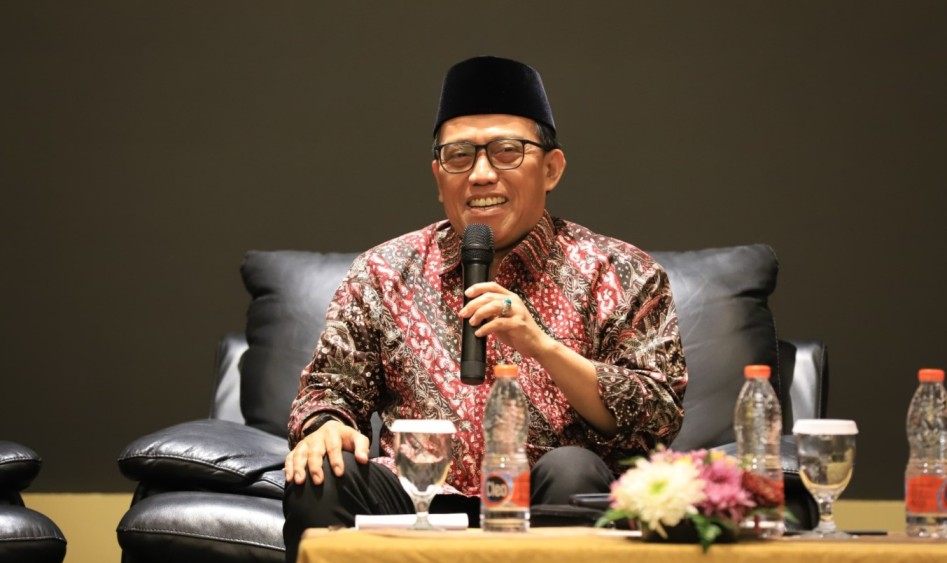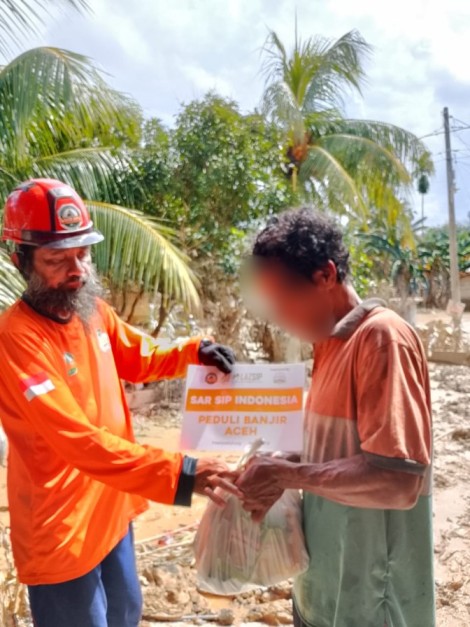Addition of Indonesia’s chronic poverty ranks 3rd globally

Jakarta (Indonesia Window) – The increase in the number of chronic poverty in Indonesia due to the COVID-19 pandemic ranks third in the world.
This was conveyed by the Director of Poverty Reduction and Community Empowerment of the Indonesian Ministry of National Development Planning (PPN), Maliki, during the dissemination of the COVID-19 Impact Study Results on persons with disabilities, which was held virtually on Thursday (Aug. 12) last week.
Maliki explained that the pandemic had shifted the social and economic status of the community from poor to chronic poverty, which gave rise to new poor groups.
“In fact, this shift also occurs in the middle class and upper class people who are very likely to fall into poverty, or at least drop out of class,” he said.
The increase in the number of chronic poverty, according to Maliki, is not only due to Indonesia’s large population, but also because the pandemic has really hit a number of sectors, especially the informal sector.
He further explained, since last year the Ministry of National Development Planning/National Development Planning Agency (locally known as Bappenas) has been trying to formulate policies in dealing with the impact of COVID-19 in the community.
Special attention in this step is prioritized for six groups, namely the elderly who live alone or have no source of income, informal workers, remote indigenous groups, households with a female head of household, socially vulnerable groups, and households with an elderly household head or persons with disabilities.
“During the pandemic, layoffs in the informal sector which employs many people with disabilities increased. In addition, their chances of returning to work are very small,” said Maliki.
He added that a survey in April 2020 by the Network of Organizations of Persons with Disabilities for the inclusive response to COVID-19 in Indonesia at the start of the pandemic, showed that people with disabilities working in the informal sector experienced an 86 percent decline in income.
The implementation of rules to maintain physical distance and restrictions on social activities during the pandemic has the greatest impact on those who rely on direct interaction in carrying out their work such as massage therapists, hairdressers, and others.
Furthermore, only about 40 percent of respondents have received at least one social assistance program from the government, with only four percent of this figure receiving cash transfers.
“Bappenas have completed a national action plan that targets various important momentum in the next five years, including expanding the scope of population administration, increasing comprehensive data collection, expanding access to services that meet Minimum Service Standards, and providing holistic understanding in inclusive development,” said Maliki.
Reporting by Indonesia Window

.jpg)








